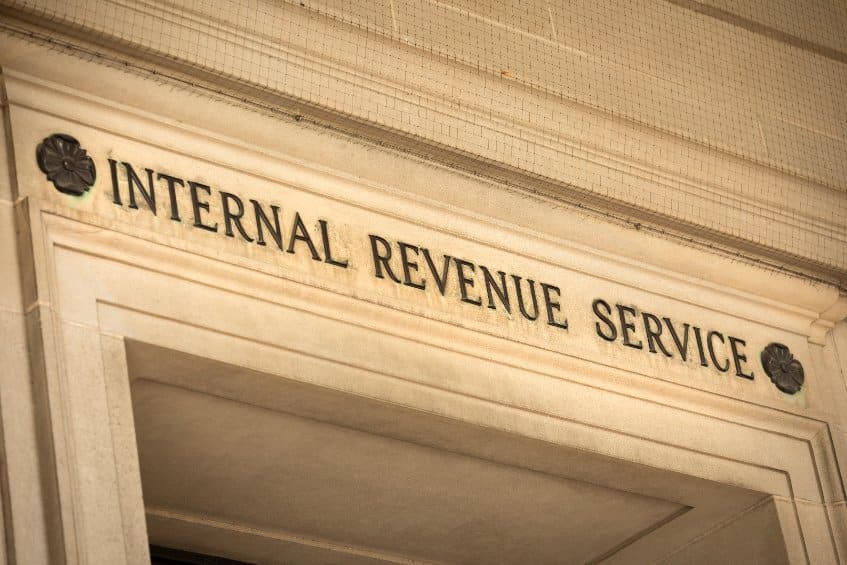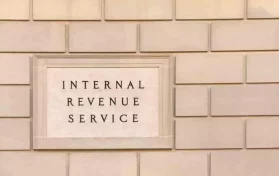
On Friday, the House of Representatives passed the Inflation Reduction Act of 2022 by a 220 – 207 margin of votes. Republicans – and many middle-class taxpayers – have been concerned that the legislation would use the $80 billion allotted to the IRS to conduct audits on Americans making less than $400,000 annually. President Joe Biden ran on a promise that he would not increase taxes on individuals bringing in less than this yearly income, and critics said the legislation broke this promise.
On Wednesday, Treasury Secretary Janet Yellen wrote a directive to the IRS regarding its use of the monies the Inflation Reduction Act granted the agency: do not use that allotment to increase the chances of an audit on those making less then $400,000 each year.
Yellen wrote a letter to the head of the IRS, Charles Rettig. Rettig has appeared before Congress numerous times in the last year to plead for more funding for the agency. Taxpayers have complained of horrid customer service – waiting at least an hour to talk to a human at the IRS; in addition, there are some 2020 taxpayers who claim to still be waiting on a refund from that year. Rettig said increased funding would help to alleviate some of the customer service issues at the IRS by allowing them to hire more workers.
In the letter, Yellen said, “Specifically, I direct that any addition resources – including any new personnel or auditors that are hired – shall not be used to increase the share of small business or households below the $400,000 threshold that are audited relative to historical levels.”
Yellen went on to say that individuals or small business entities that make $400,000 or less should see no increase in their normal rate of being audited. While sources vary, statistics hold that less than one percent of taxpayers are audited in any given year.
Yellen added in the missive that the IRS should “focus on high-end noncompliance.”
Republicans were highly critical of the Inflation Reduction Act’s IRS funding. Social media has only added fuel to that fire, with a viral social media post regarding an IRS agent ad. The advertisement for a Criminal Enforcement agent at the IRS showed a requirement that the prospective hire not only be willing to carry a firearm, but to be willing to “use deadly force.”
This Nation carried out some online sleuthing, only to find a job announcement that required the individual interested in the position be “legally able to carry a firearm.”
Social media users argued that the original post was deleted after the photo of the job announcement went viral. However, an IRS spokesperson said that the USAjobs.gov site had maintained the same posting from earlier in 2022, and that the post would remain online until the end of the year.
Democrats announced that the $80 billion investment in the IRS would yield about $124 billion in tax revenue; this revenue would help pay for the prescription drug program as well as climate policies in the Inflation Reduction Act.
Democrats in the Senate had utilized a filibuster-proof method of getting the Inflation Reduction Act through their chamber of the legislative branch on Saturday and Sunday of last week. This was the only way to get the sweeping $750 billion legislation through the Senate with an evenly split majority.
Rettig also spoke publicly about how the $80 billion would be spent in his agency. He told Congress that the funds would be utilized to update technology, and improve customer service. He echoed that low- and middle-class taxpayers would not be the focus of increased enforcement action.
Officials say that the IRS can hire at least 86,000 new employees across the company with the $80 billion investment – and that those hires will be across the board, not just in new auditing agents. Some of those hires will replace retiring employees as well.





